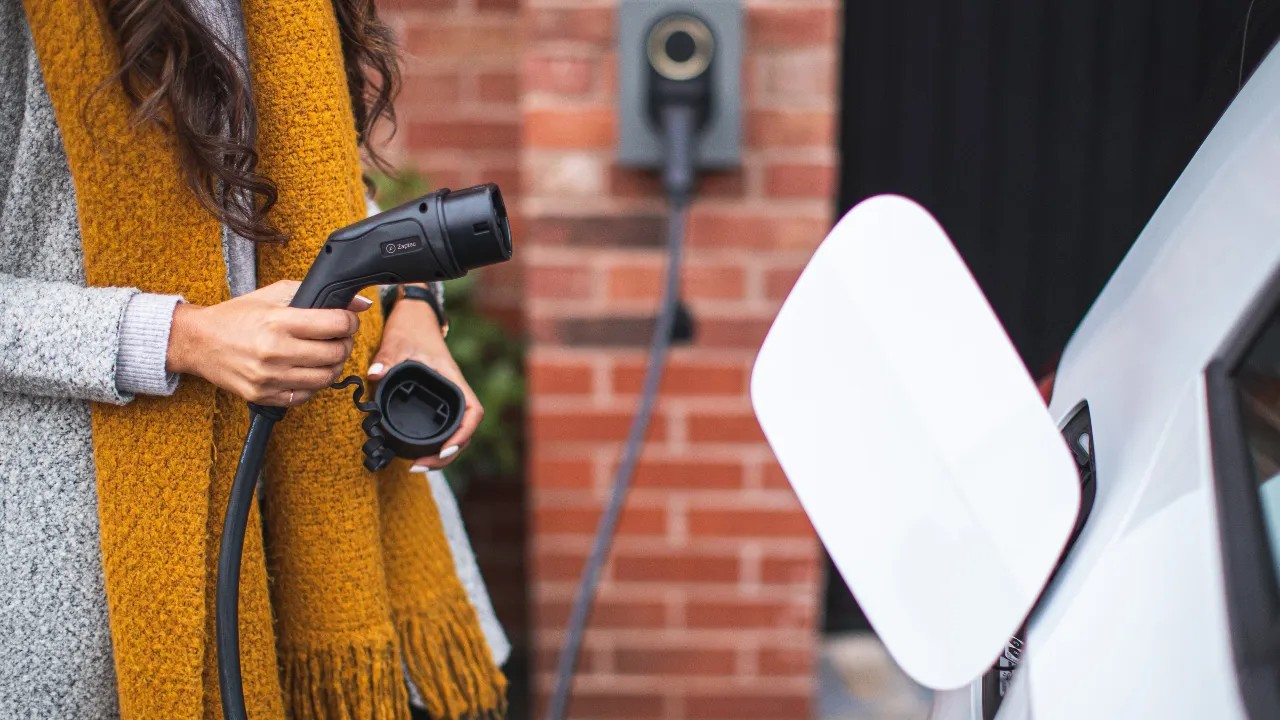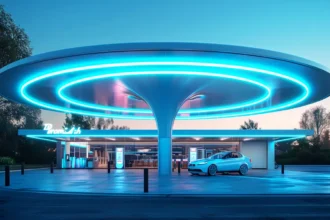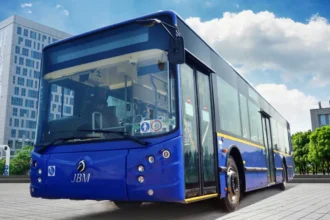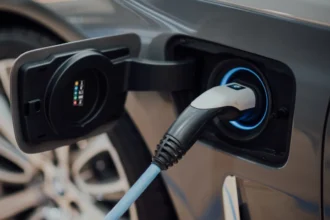Kerala’s Electric Vehicle Sales Hit Unexpected Speed Bumps
When you think about buying a new car today, electric vehicles might come to mind as a modern choice. But in Kerala, fewer people are making this choice in 2024. According to NewIndianExpress, the state is seeing a significant drop in electric vehicle (EV) sales, creating a worrying trend for green transportation efforts.
The Numbers Tell a Clear Story
The sales figures paint a concerning picture for Kerala’s EV market. In 2023, people bought 75,808 electric vehicles in the state. But this year shows a dramatic change:
- Only 60,345 EVs were sold in Kerala during all of 2024 – a significant drop from the previous year
- Looking at just the first few months (until April 29), only 7,906 EVs found buyers in 2024
- This is a dramatic fall compared to the 29,892 vehicles sold during the same period last year
- Kerala now ranks only 11th among Indian states for EV sales in 2024
Why You’re Not Seeing More Electric Cars on Kerala Roads
Several major obstacles stand in the way of wider EV adoption in Kerala. These challenges affect your decision when considering an electric vehicle:
- Price Barrier: EV’s in Kerala typically cost between ₹9 lakh and ₹20 lakh, while regular petrol cars start at just ₹4 lakh – more than twice as expensive!
- Charging Worries: Many people feel nervous about finding places to charge their car – what experts call “range anxiety” (the worry about running out of power before reaching a charging point)
- Permission Problems: Setting up charging stations requires complex approval from Kerala’s electricity company (KSEB), often facing long delays
- Technical Troubles: Some existing charging stations don’t work properly because of power load issues, making charging unreliable
- Tax Disadvantage: Kerala has higher taxes on electric vehicles compared to neighboring states like Karnataka and Tamil Nadu
Reji M, President of Electric Vehicle Owners Kerala, explains the frustrating situation: “Setting up a charging station requires KSEB’s permission, and the process is often delayed, especially over pricing nod.” He further points out the financial challenges: “On the one hand, there’s no infrastructure. On the other, it is increasing people’s financial burden. How can EV adoption sustain in Kerala when states like Karnataka and Tamil Nadu offer 0% tax?”
Charging Infrastructure: How Kerala Compares
When you look at charging stations across different states, Kerala falls behind its neighbors in some ways. This table shows how the three southern states compare:
| State | Public Charging Stations (Feb 2024) | Public Charging Stations (March 2025) | Growth |
|---|---|---|---|
| Kerala | 852 | 1,288 | About 51% increase |
| Karnataka | 1,041 | 5,879 | About 464% increase |
| Tamil Nadu | 643 | 1,495 | About 132% increase |
According to PIB (Press Information Bureau), Kerala had 852 working charging stations in February 2024. By March 2025, Swarajyamag reports this number grew to 1,288. But looking at the numbers, you can see that Karnataka’s growth was much more impressive – jumping from 1,041 to 5,879 stations in the same period.
How Government Policies Affect Your EV Buying Decision
The different approaches to EV taxes and incentives across states directly impact how much you pay for an electric vehicle:
- Kerala’s Approach: The state increased road tax in its 2025 budget to 8% for electric cars over ₹15 lakh and 10% for those over ₹20 lakh, according to CarAndBike
- Karnataka’s Advantage: This neighboring state completely exempts electric vehicles under ₹25 lakh from lifetime road tax, with only a 10% tax on more expensive models, as reported by AckoDrive
- Tamil Nadu’s Boost: Tamil Nadu offers 100% exemption on road tax and waives registration fees for many EV categories, according to MARCGlocal
- Subsidy Limits: Kerala’s e-subsidy scheme for EV buyers reached its yearly limit before April 1, 2025, as per Kerala Motor Vehicle Department
These policy differences create an uneven playing field. KeralaKaumudi points out that Kerala’s higher taxes on pricier electric vehicles directly contrast with the more favorable policies in neighboring states.
What Industry Experts Are Saying About the Situation
Joel Yohannan, General Manager at GOEC EV charging network, highlights the main barrier: “People love EVs but find them expensive compared to internal combustion vehicles.” This price difference remains a major obstacle for many potential buyers.
Union Transport Minister Nitin Gadkari has been promoting electric vehicles nationwide, but Kerala’s local challenges show that national enthusiasm isn’t enough without supportive state policies.
Looking Ahead: Will Kerala’s EV Market Recover?
For you as a potential EV buyer in Kerala, the road ahead has mixed signals. While the technology itself is improving, the local infrastructure and policies need significant changes to make electric vehicles a practical choice for more people.
The comparison with neighboring states shows that policy decisions can make a huge difference. Tamil Nadu aims to attract ₹50,000 crore in EV investments by 2030 and already contributes 36% to India’s EV production.
As you consider your next vehicle purchase, these challenges and changes in Kerala’s EV landscape will likely play a big role in your decision. Will the state government adjust its approach to revive the falling sales? The answer will shape the future of green transportation in Kerala.











